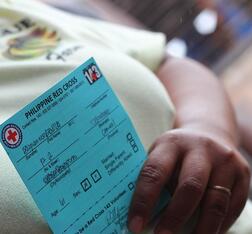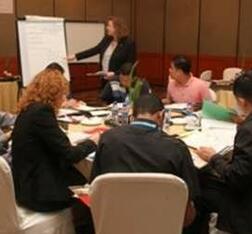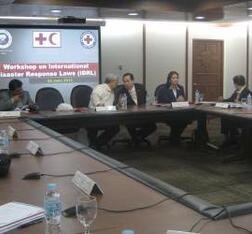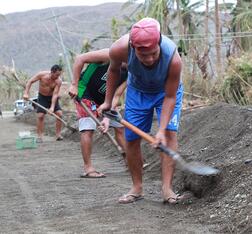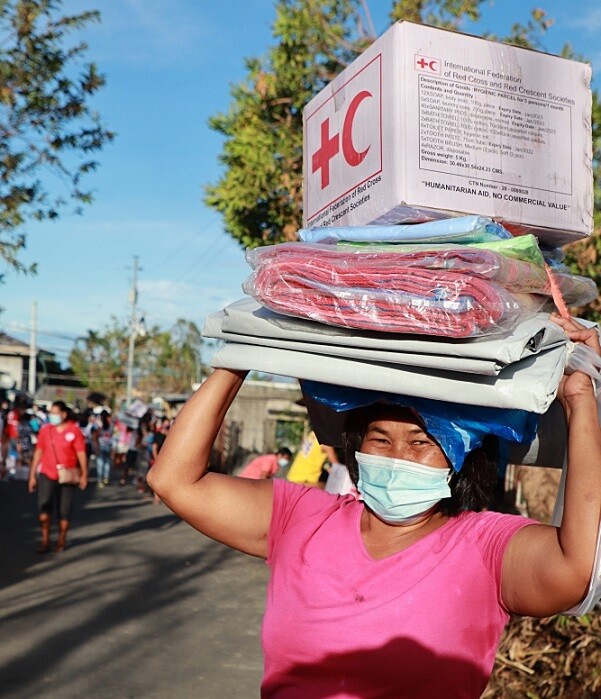
As expressed by the Philippines Secretary of Health, Francisco Duque, “donation acceptance and distribution are plagued by unnecessary delays that, more often than not, render the donated items outmoded for addressing the emergency and disaster needs. Such delays are mostly brought about by the fact that concerned [Department of Health] offices have no set procedures and protocols for handling and administering donations...”
In response, the department of health recently adopted an Administrative Order containing guidelines on accepting and processing both foreign and local donations received by the Philippines government during emergencies and disaster situations.
The guidelines establish a process whereby the Department of Health issues a list of items required and then grants a “Deed of Acceptance” for specific offers of cash or in-kind goods, to facilitate their speedy clearance and entry into the country. In acute emergency situations, the guidelines also allow for a fast-track process whereby the Deed of Acceptance may be waived, provided that goods conform with the UN list of emergency relief items. The guidelines also require donations, in particular medicines, to meet a number of other quality standards and include procedures for packaging, labelling and expiry date checks.
Additionally, the Philippines Government has updated its memorandum of understanding (MOU) between relevant government departments on the facilitation of international relief teams and accompanying equipment. In this understanding, the various departments are tasked with different aspects of facilitation and regulation of assistance ranging from expedited entry for international teams and the issue of identification cards, to the prompt issue of clearance for the entry and exit of aircraft and vessels, goods and equipment. It also enables the granting of special permits for foreign medical personnel and the facilitation of transport for international assistance in and out of affected areas.
